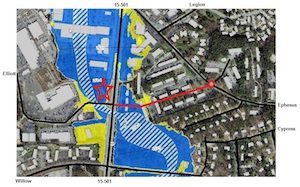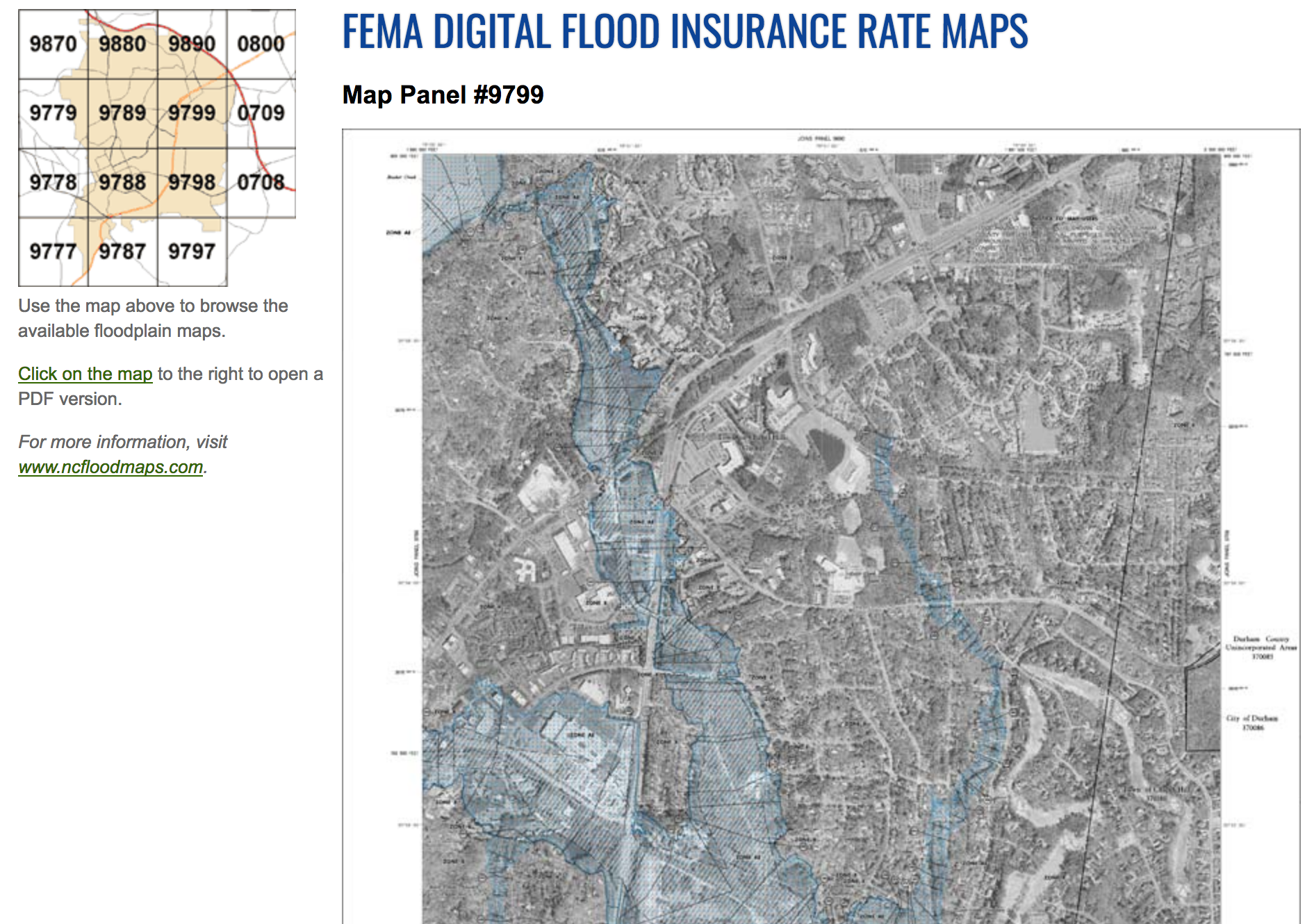The sentences below from the DeMarco/Hunter editorial are untrue:
“When it comes to flooding, the new zoning actually sets significantly better storm water control than what existed previous to the initiation of this district. Standards at the time of original construction were minimal or non-existent. Under the new code, re-development was required to meet much higher storm-water standards.”
Before the FBC was enacted, the Resource Conservation District (RCD) and water quality standards were in place for the entire town. When the Code was drafted, Town government exempted property in the Ephesus-Fordham district from various standards that apply everywhere else in Chapel Hill. Initially, the FBC contained no stormwater standards at all. Subsequently, at the urging of our Stormwater Advisory Board, the Council agreed to include water quality standards and they are indeed somewhat better than existing water quality standards that apply townwide.
However, the FBC contains only a few of the usual regulations that deal with the volume of water (see footnote #1), not the extraordinary measures claimed in the op-ed piece that would seriously reduce downstream flooding. Because the Town has already approved roughly 4 million square feet of new construction—i.e., new impermeable surface—in the upper Booker Creek watershed, it is inevitable that flooding will increase downstream. As these permitted projects are built in the upper watershed, we can expect increased flooding in the lower watershed – specifically in the E-F District which is located near the lowest point in the watershed.
The Town Manager and the staff know the flooding risks and the Town has invested considerable money in watershed studies for the purpose of making recommendations to control flooding in the Booker Creek Watershed. Recent development in Durham County impacting the Corps of Engineers property has also increased flooding risk for Chapel Hill neighborhoods like the Oaks.
Until the FBC is changed or dropped all together, folks living downstream from Ephesus-Fordham (a.k.a., Blue Hill) can expect increased stormwater run-off due to new projects in this part of town.
Footnote #1
In regard to volume the form-based code says: “Minimize the total volume of surface water runoff that flows from any specific site during and following development in order to replicate the pre-development hydrology to the maximum extent practicable; Reduce stormwater runoff rates and volumes, soil erosion and non-point source pollution, wherever possible, through stormwater management controls and to ensure that these management controls are properly maintained and pose no threat to public safety.”


